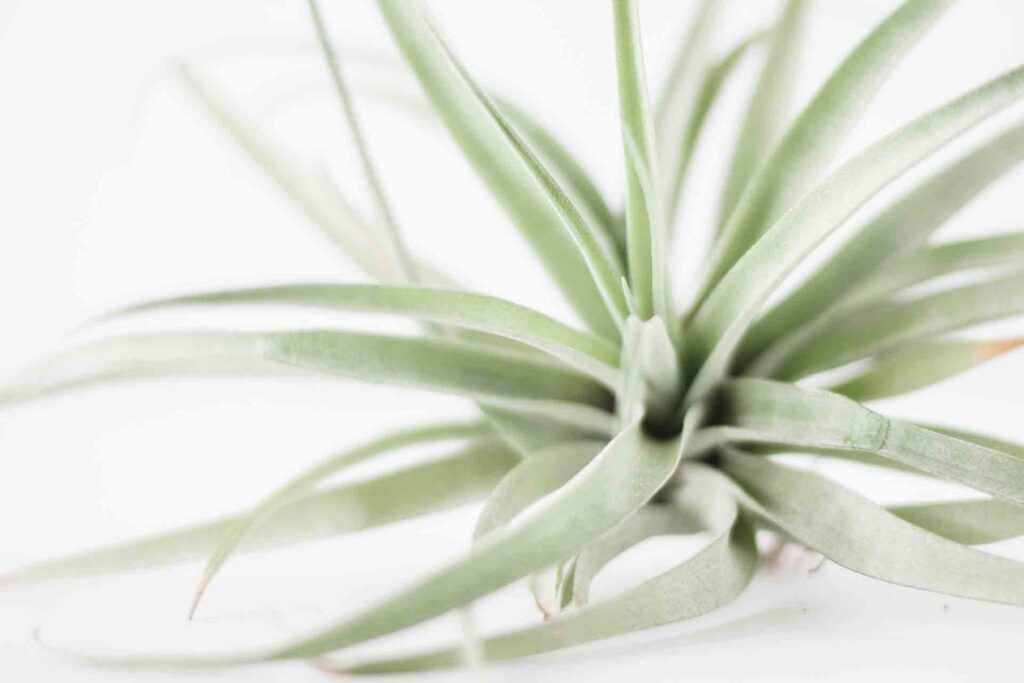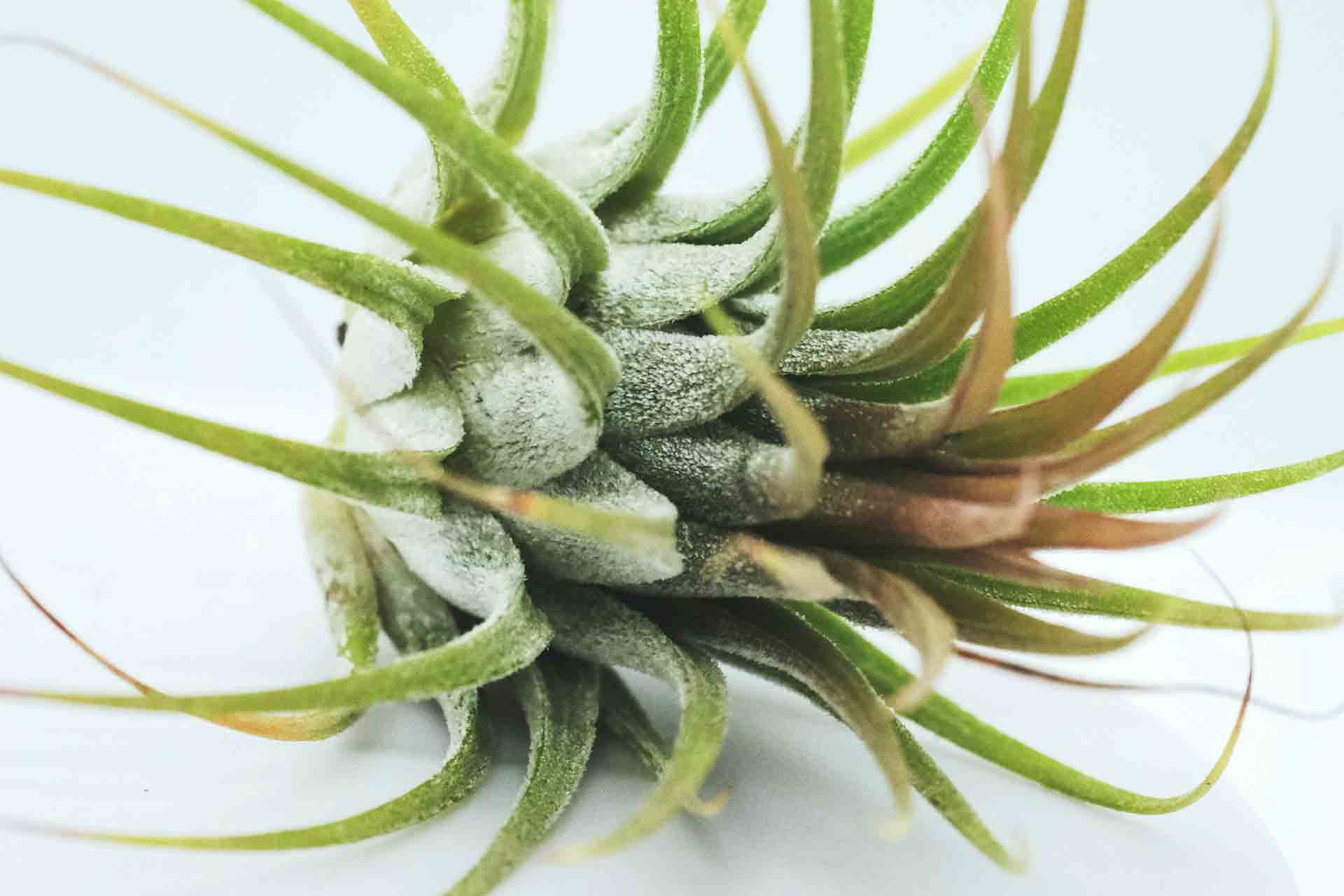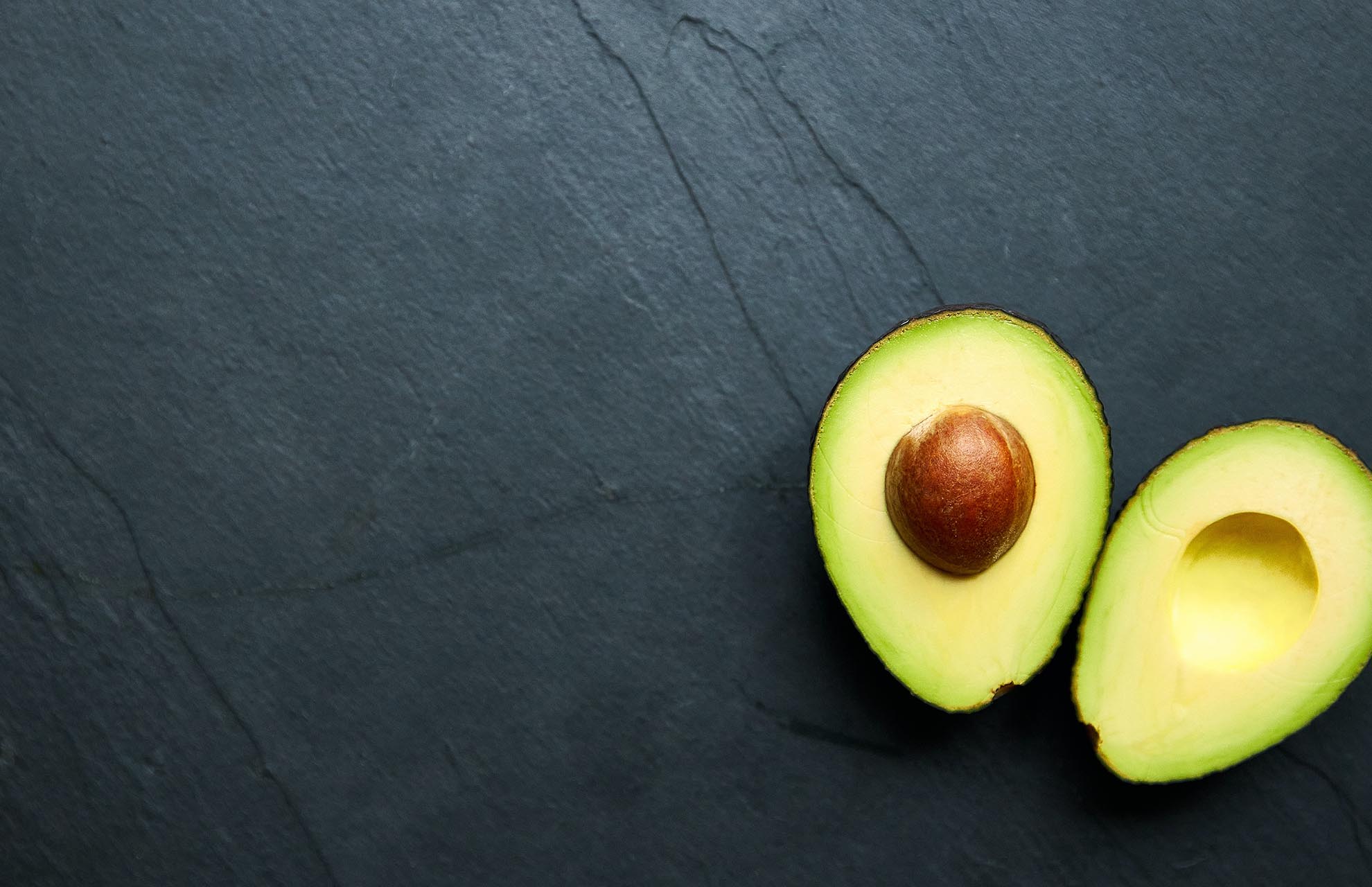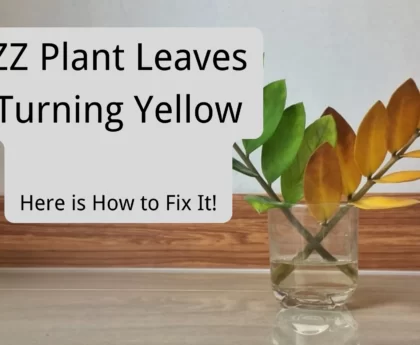Householders who have dogs, cats, and different pets want to be cautious about the vegetation they develop in their gardens and indoors as these animals may additionally have a fondness for nibbling on leaves. And considering that a lot of houseplants have become out to be poisonous to pets, you may additionally cease up in your vet’s emergency room if you are no longer cautious enough. So if you have cats and air plants at the same time, please be cautious about these two creatures. Though air plants are not toxic to your cats, it is better to separate them.
What Are Air Plants
Air flowers are epiphytes that typically develop on different plants, generally on tree branches. With leaves in the structure of a triangle or a strap that generally develop in a rosette pattern, most species also endure lovely blooms in the structure of a tube or funnel.
Are Air Plants Toxic To Cats
Air plants are not toxic to dogs, cats, and other animals. However, it would be best if you kept your till and sias out of their reach because these plants have sharp and pointed leaves, and they do pose a potential choking hazard. So while your pets may not die due to toxicity, they may still choke.
Why Do Cats Love Air Plants
Cats Are Known To Use Their Mouth And Tongue As a Way To Explore
Your cat’s mouth is one of the ways it explores the world. Like babe, pussycats tend to taste their way around the world, putting items in their mouths that aren’t supposed to be there. Maybe the aroma of your air plants piques the kitty’s interest and entices them to try a bite.
Once they’ve had a taste of anything they enjoy, pussycats will go for it again and again, whether or not it’s salutary for them. While air plants aren’t dangerous to pussycats, some of the plants in your house might be largely deadly if your cat eats them. Lilies and orchids, for illustration, are incredibly toxic to pussycats, causing vomiting and other serious responses.
Cats Will Attack Air Plants Out Of Boredom
Boredom is every other issue that may lead to cat-consuming plants. If your cat is left on its own for countless hours a day with no different stimulus, they will most absolutely get into a range of items, together with your air plants.
Cats Are Attracted To Movement
Movement is some other behavior-based motive why your cat can be drawn to specific plants. Your cat would be drawn to a plant with tempting extensions, such as an air plant. Those green shoots may additionally appear to be rather delicious when they sway softly in the breeze, producing an eye-catching movement for felines. Fortunately, if your cat eats the air plant, it will no longer harm them.
Why Should You Keep Air Plants Away From Cats
Air Plants Pose A Choking Hazard To Cats
While air plants aren’t dangerous to creatures and won’t harm them if they nibble on the leaves, it’s still a good idea to keep these plants out of their reach. This is because air plants can still pose choking trouble, especially to lower creatures like pussycats.
Air Plants May Cause Injury To Your Cat
Air plant leaves are sharp, stiff, elongated, and refocused. As a result, if your cat consumes it, it may come caught in its throat. Because of the hard face of the plant, playing with air plant leaves might harm your pet’s eyes, mouth, and paws. As a result, to minimize anxieties or accidents, keep your cat down from your air plants.
Your Cat Can Injure Or Kill Your Air Plant
When your cat plays with or chews on some or all of your air plants’ leaves, your plant can, in turn, end up frightened. When your air plant goes into a country of shock, this can have an effect on the normal fitness of your plant.
Constant disturbances and damage to the plant will ultimately cause the plant to die. To hold each your plant and furry pals safe, it is satis plant to hold the two separated.

What To Do If Your Cat Nibbles On Your Air Plants
Examine Your Cat
If you suspect your cat has swallowed some of your air plants, hold an eye on them to verify, that the plant portions have been devoured and are not caught in their throat. Due to the rigidness of the plant’s exterior, worst-case scenario, the air plant’s leaves have gotten stuck in your feline’s throat.
Since air plants are not recognized to be hazardous to cats, they have to be nice as long as your tom cat pal does now not choke.
Examine The Damage And Care For Your Air Plant
Examine your plant to see if it still has enough leaves and if the base or main stem is still intact. However, it has a minimal chance of survival, if your plant has been crushed and all of its leaves have been removed. You can, still, continue to stay and see what occurs.
Move Your Plant To a New Location
Once you’ve checked to make sure both your cat and the air plant are okay, you need to consider moving your plant to a new position to avoid your cat repeating the process of consuming the plant. Choose a place where your cat and other furry musketeers won’t have access.
This can include in a glass hen house, high on a shelf, hanging out of reach, or on live display like a piece of driftwood. Still, since each individual cat is different, owners will need to take the time to see which option deters their cat from attacking their air plants the most.









